Estate Planning
End-of-Life Decisions: What to Consider and Why it’s Important

While it can seem morbid, making end-of-life decisions is important to both your estate and your loved ones. There is a lot to consider, which can be overwhelming. For that reason, we have broken some of this information down for you. While not everything will be applicable to every situation, much of it will. Keep […]
Read More....Inheritance Tax Comparison: NJ, PA & DE

This article should make you familiar with the general inheritance tax considerations in New Jersey, Pennsylvania, and Delaware. Tax considerations are a large part of the job of an administrator or executor of a Will. You should consult a certified public accountant with regard to all tax issues. The requirements vary by state, so you […]
Read More....A Properly Executed Will: Lessons from Aretha Franklin’s Estate Battle

Aretha Franklin’s estate battle teaches us lessons about a properly executed will. The recent jury verdict in the case of Aretha Franklin’s estate has shed light on the significance of having a properly executed will and the consequences of failing to do so. The legal issue surrounding her handwritten documents found in her couch after […]
Read More....Deeds & Undue Influence In New Jersey
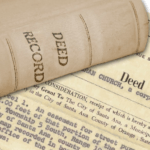
Undue influence in New Jersey can become a problem when transferring property according to a Last Will and Testament, as deed is required to initiate that transfer. This legal document must be signed by all involved parties and will have the specifics of the property included. However, this can become complicated if the issue of […]
Read More....Intestacy in NJ

Did you know that if someone dies without a valid will, the law of intestacy in NJ governs who inherits the estate? A New Jersey Court recently decided a case involving an interesting set of facts in intestacy. In the case, Douglas Castellano (“Douglas”) died without a valid will, resulting in a dispute between his […]
Read More....Changing Circumstances And Estate Planning
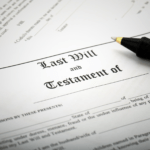
Estate planning is an ongoing process that often requires changes. It is likely that you’ll have to make changes and adjustments to your Will several times to reflect changes in your life. It is impossible to predict all of life’s events, and sometimes these unpredictable events can impact what you have stated in your Will.
Read More....When to Challenge a Will for Fraud, Undue Influence, or Insane Delusion
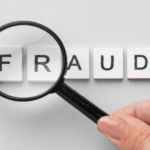
If loved ones are manipulating a loved ones will after their demise you may be asking yourself the question of when to challenge a will for fraud. After a Will goes through probate, sometimes beneficiaries or other interested persons decide that they are dissatisfied or have reason to be suspicious of the Will’s devises and […]
Read More....How to Include Charitable Gifts in Your Estate Planning in New Jersey

Estate Planning in New Jersey can be a complicated task. Often, when considering who will benefit from your assets in the future, you think of loved ones. However, another option is to donate assets, property, or cash to charities and organizations in addition to your established list of beneficiaries. There are many ways of doing […]
Read More....An Unsigned Will Found to Be Invalid in New Jersey
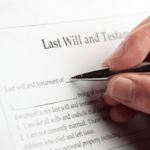
An unsigned will In New Jersey means nothing, if you write a will and do not properly sign it then it will be considered as void. This is why it is important to understand the correct procedure for creating a valid Last Will and Testament if your final wishes are to be carried out. In […]
Read More....Filing a Final Tax Return for a Decedent as an Executor
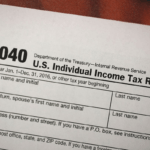
As tax season approaches, the thing that most people do not realize is that a final tax return needs to be filed even after a person passes away. It is important to understand what steps need to be taken for those with the responsibility of filing taxes for a deceased family member. When an […]
Read More....